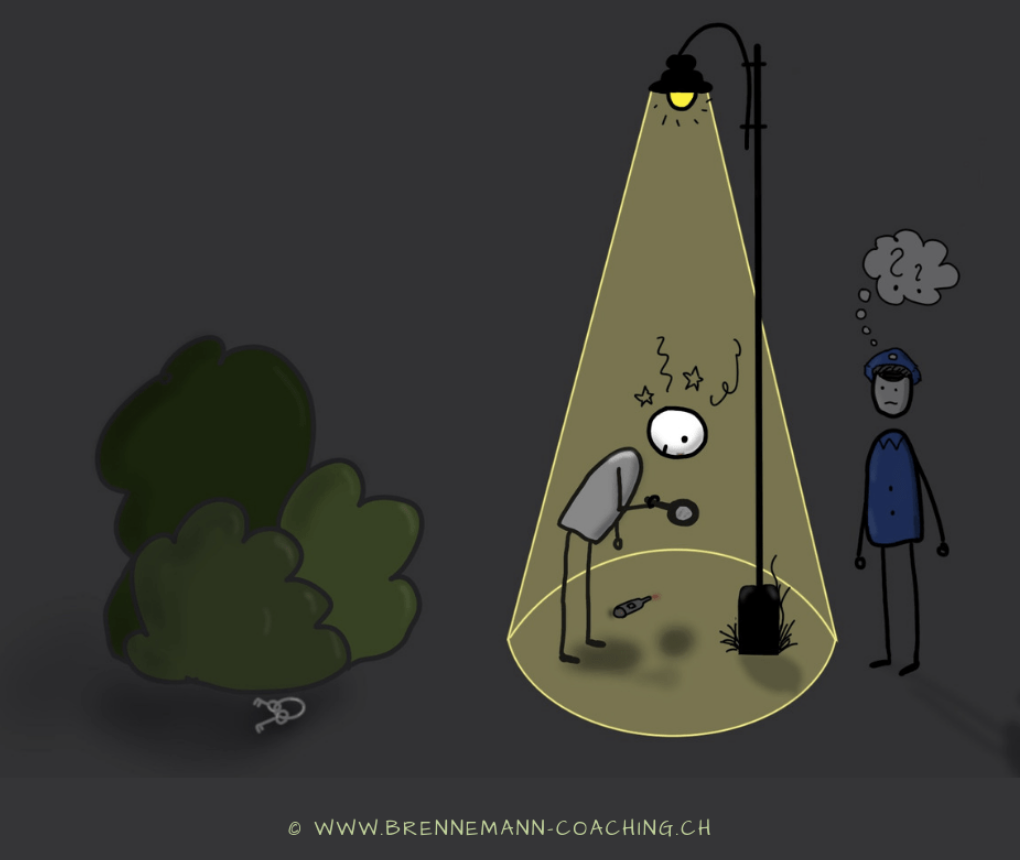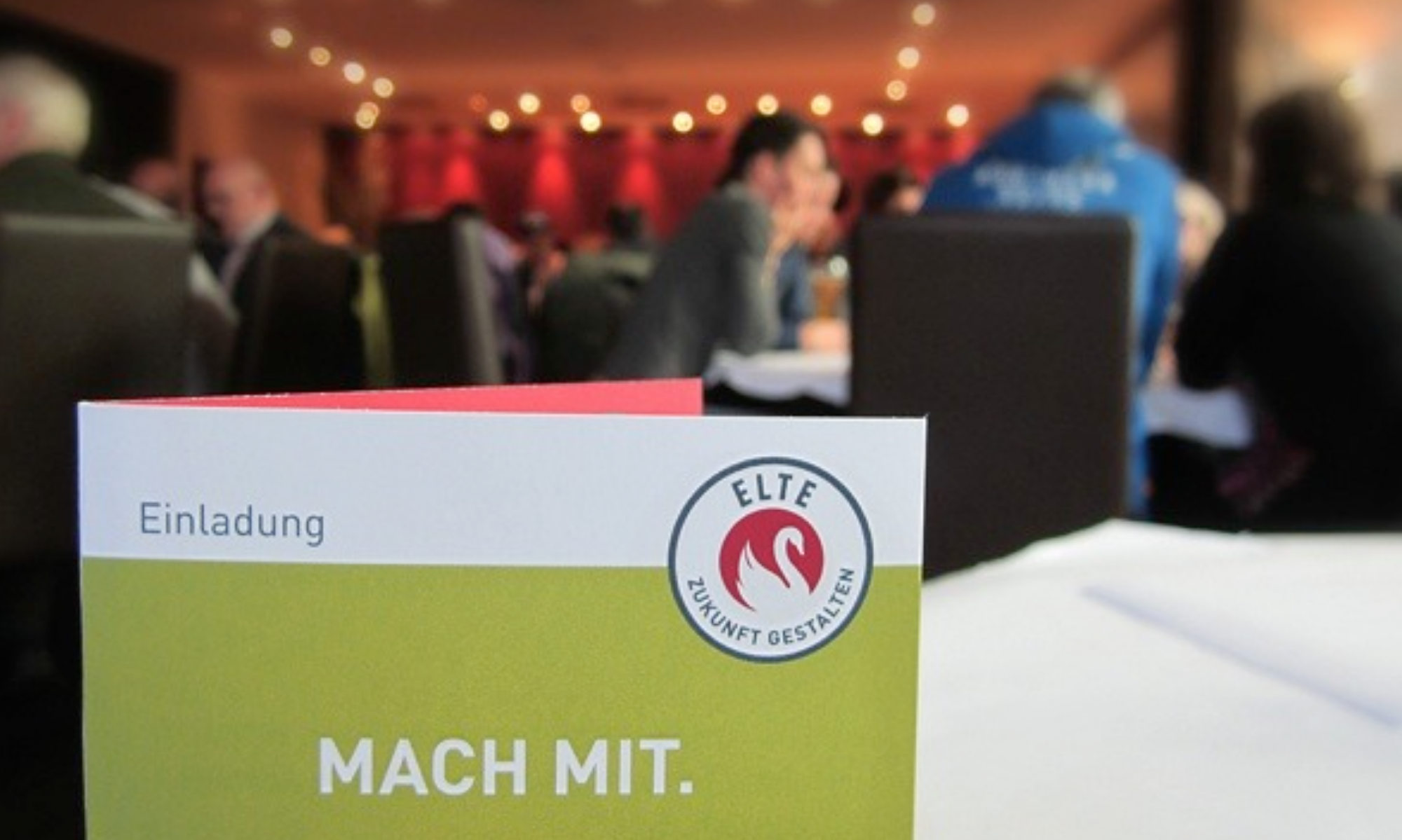Sustainable Future Cities, Towns and Communities (I)
There is this nice symbolic story by Paul Watzlawick, the Austrian-American psychologist and communication theorist, which goes as follows:
“A drunk man is standing under a streetlight one night, searching frantically for something. A policeman comes along and asks him what he has lost. The man replies, „My key.“ They then both start searching. Finally, the policeman asks whether the man is sure that he lost the key where they were looking, and the latter replies, „No, not here, back there – but it’s much too dark to look there.“

This is somewhat reminiscent of the traditional focus of local economic development. Was the focus on businesses and promotional approaches to increase competitiveness and innovation perhaps too narrow? Were significant additional forces for change overlooked (see Figure 1)? „Picking the winners!“ (focusing on companies and clusters with growth and value creation potential) was the slogan for a long time. The sustainability issue was not much in focus, and civil society forces and their social innovation potential were hardly on the radar. „Awakening civil society’s self-development forces and potential and putting people at the centre of economic activity and action“ is the focus of the Economic Development 4.0 approach (referred to hereafter as ED 4.0) With this approach, the Wuppertal Institute is renewing awareness of old familiar approaches bundling them in such a way that they are developing new transformational power.
The ED 4.0 concept was developed by the Wuppertal Institute, one of the most renowned research institutes for sustainable development approaches in Germany. The 4.0 stands less for digital solution approaches than for future-oriented, sustainable initiatives of cooperative economic activity in cities and municipalities. At the centre is the “common good” economy approach, which aims to strengthen local and regional markets and production cycles and civil society initiatives. In a German and English videocast recently published by us and the Wuppertal Institute, Jana Rasch from the Institute explains key aspects of the approach. We will summarize three essential aspects.
Three essential aspects of the ED 4.0 approach
There are three aspects that are particularly interesting from the perspective of this approach:
- Creating space for new fields of experimentation and innovation: instead of focusing on traditional areas and target groups of municipal economic development, ED 4.0 looks for new target groups and new fields of innovation. One way of looking at ED 4.0 could also be to refer to it as „Rethinking and Designing Economic Development in the City and in the Countryside„.
- The experiment focuses on sustainable local development initiatives: Besides competitiveness, quality of life and participation are considered equally important goals.
- The relevant role of civil society: The role of citizens, citizen initiatives and the entire civil society are perceived and integrated as local pioneers of change alongside companies, science and local government. According to our interpretation, a slogan of ED 4.0 could also be: „We bundle innovative knowledge and experience of all local forces for economic as well as social and ecological change processes„.
These three aspects make up the essence of the approach. Strengthening the local economy or economic development becomes a co-creation process of all forces. It involves networks of businesses, citizens and different kind of initiatives within regions, cities or neighbourhoods. The logic behind it is as follows: It is only possible to promote openness for economic, social and ecological change processes when the different stakeholders in the location are also involved and feel that they have also co-created influence to shape the future development process of the place. Involving their own motivation, knowledge and energy leads to innovative initiatives for the common good, to better quality of life and to more sustainable economic development initiatives. Alongside businesses, they form an essential bridge to strengthening the resilience and adaptability of local economies and living spaces. A culture of recognition leads to the integration and motivation of further actors, and ultimately to a deeper bottom-up understanding.
A broader target group, more open objectives, more diverse projects
If one takes this development approach seriously, the target group of local economic development becomes broader, the objectives become more open and the projects implemented become more diverse. Our colleagues at the Wuppertal Institute also call the cities where the ED 4.0 approach has been adopted „laboratories of great transformation„, in which citizens and entrepreneurs create synergies towards the realization of local innovation projects.
ED 4.0 finds its scientific reference in resilience research, informal economy research, social and environmental psychology, the common good economy and transition research. Table 1 lists key differences from traditional economic development.
Table 1: Differences and complementarities between traditional economic development and ED 4.0
| Traditional Local Economic Development | Local Economic Development ED 4.0 | |
| Target group | Enterprises, startups, clusters, value chains | Citizens, civil society networks, businesses with sustainable business models, cooperatives, social businesses and entrepreneurship |
| Support focus | Promotion of employment, income and competitiveness | Sustainable local value creation and circular economy promotion |
| Objective | Increase of local competitive advantages within national and international markets and value chains | Increase of quality of life, resilience, the common good and local co-creation competence, sustainable economic solutions with a focus on local and regional value creation |
| Elements | Competitiveness and innovation as thriving elements to become more innovative | Sense of community, value orientation, social capital, security of self-sufficiency |
| Economic field | Formal economy | Informal economy, third sector and civil society inclusion with its innovation potential, sustainable business and cooperative models |
| Innovation focus | Technical innovations, product and process innovations, business model innovations | Social innovations, technical innovations, sustainable business model innovations, circular economy innovations |
| Economic approach | Growth economics with focus on profit maximization, stock market value, competition | Economy for the common good with a focus on trust-building, appreciation, sharing and exchange for maximization of benefit for the community and the individual |
| Production | Division of labour, mass production, export | Self-generation, repair, do-it-yourself, local products, circular economy, sustainable business production |
| Circular economy | Production of new products | Share and exchange, recycle, sharing economy |
| Value orientation | Market value, shareholder value | Citizen value |
The Wuppertal Institute describes the approach as complementary to traditional economic development, aimed at broadening the spectrum for innovative local approaches.
In another blog entitled „Insights from the Economic Development 4.0 Approach (Blog 2): Experimental fields and Reflections on our Work“, we will continue soon this reflection and provide concrete fields of action of the ED 4.0 approach. Regarding Paul Watzlawick’s story, an interim conclusion is that it makes sense to draw the circle of search in our work wider than just where the light of traditional economic development shines.
Autoren: Frank Waeltring & Guido Zakrzewski
Links
Link to the German Videocast and english Videocast from Mesopartner with Jana Rasch from the Wuppertal Institute about the Economic Development approach 4.0
Website : Wirtschaftsförderung 4.0 Wuppertal Institut
Interview and Videocast with Dirk Messner, Director of the Federal Environmental Agency about the role of cities and the rural country sides for climate change
Literature
Kopatz, Michael (2016): Ökoroutine, Damit wir tun, was wir für richtig halten, Wuppertal Institut.
Schneidewind, Uwe (2016): Die große Transformation, Eine Einführung in die Kunst gesellschaftlichen Wandels, Frankfurt am Main.
